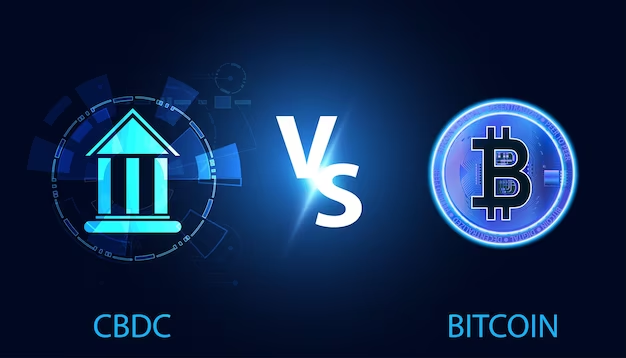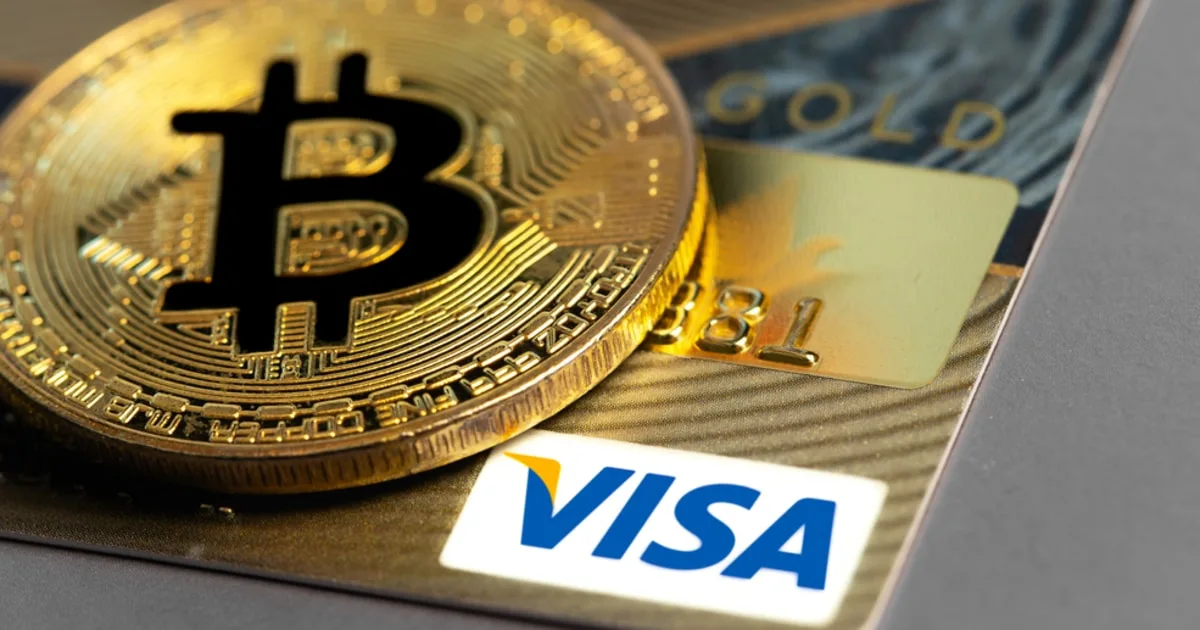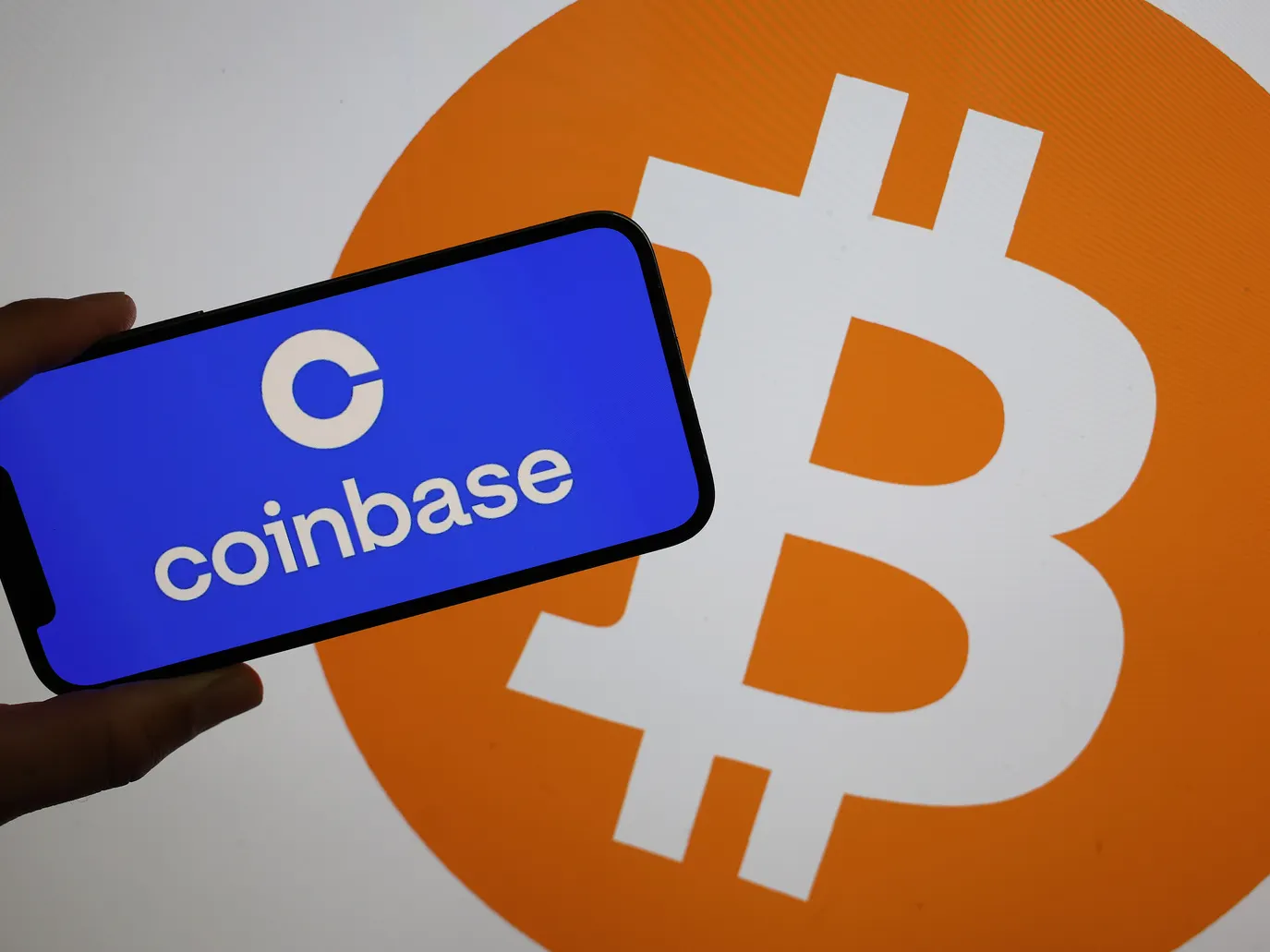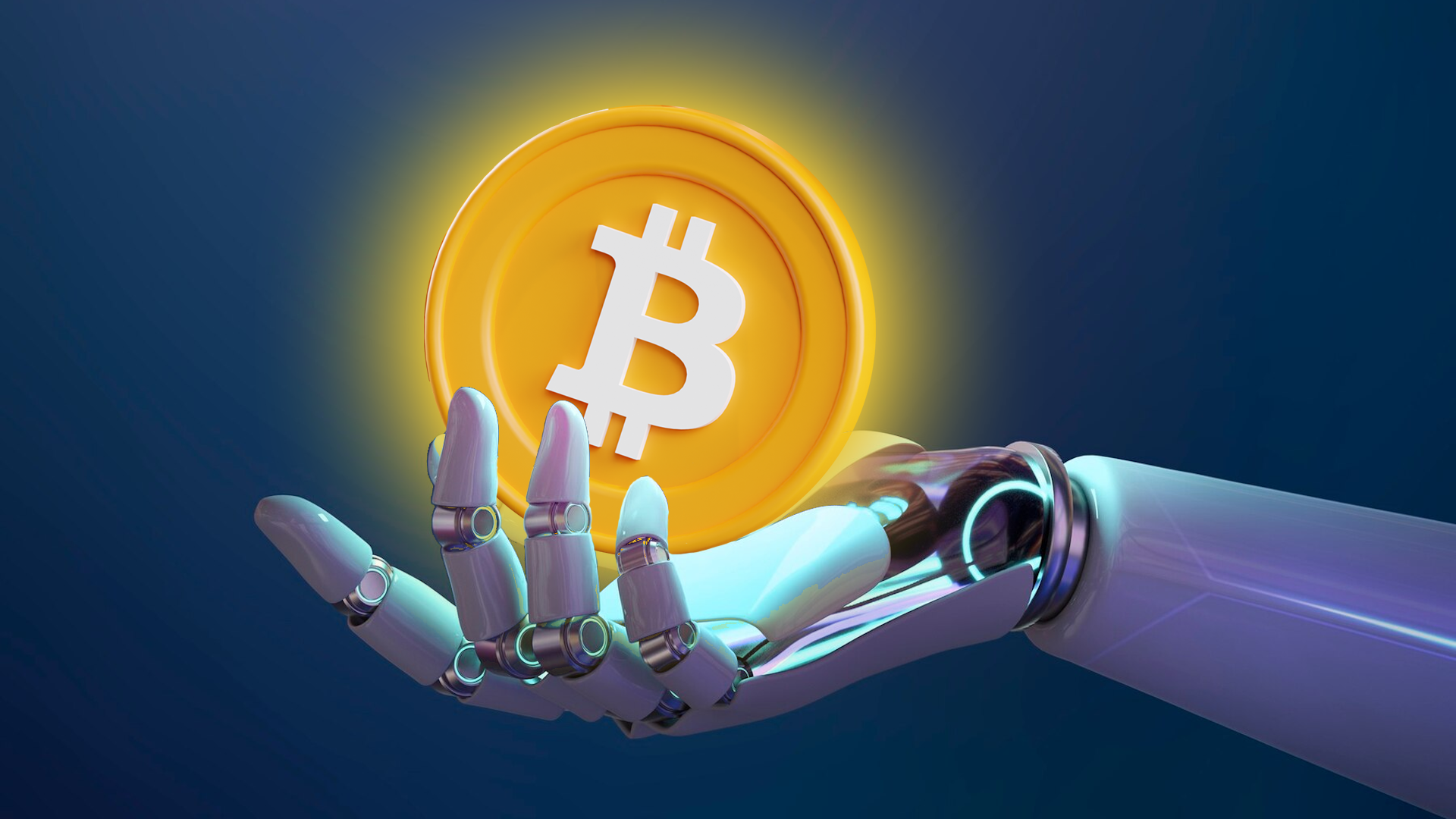Introduction
Bitcoin, initially created as a digital currency, has grown far beyond its original purpose. Today, Bitcoin is not just a medium of exchange but also a foundation for many innovative technologies and applications. This blog will explore how Bitcoin is being used in smart contracts, decentralized finance (DeFi), and as a platform for building decentralized applications (dApps).
Exploring the Evolution of Blockchain Technology: From Bitcoin to Smart Contracts
The Origins of Bitcoin
Bitcoin was introduced in 2009 by an unknown person or group of people using the name Satoshi Nakamoto. It was designed as a decentralized digital currency, allowing people to send and receive money without relying on banks or governments. Bitcoin transactions are verified by network nodes through cryptography and recorded on a public ledger called a blockchain.
Beyond Currency: Bitcoin’s Expanding Use Cases
Smart Contracts
Smart contracts are self-executing contracts with the terms of the agreement directly written into code. These contracts automatically execute actions when predefined conditions are met. While Ethereum is often associated with smart contracts, Bitcoin can also support them, although in a more limited way.
Example: RSK (Rootstock) is a platform that brings smart contract functionality to the Bitcoin network. By using sidechains, RSK enables developers to create and deploy smart contracts using Bitcoin’s blockchain.
Use Cases of Bitcoin: Beyond Digital Currency
Decentralized Finance (DeFi)
Decentralized finance, or DeFi, refers to financial services that are built on blockchain technology and operate without traditional financial intermediaries like banks. DeFi applications allow users to lend, borrow, trade, and earn interest on their cryptocurrencies.
Bitcoin in DeFi: Although most DeFi applications are built on the Ethereum network, Bitcoin is increasingly being integrated into DeFi platforms. Wrapped Bitcoin (WBTC) is an example, where Bitcoin is tokenized and used on the Ethereum blockchain, allowing Bitcoin holders to participate in DeFi activities like lending and liquidity provision.
What Is Decentralized Finance (DeFi) and How Does It Work?
Decentralized Applications (dApps)
Decentralized applications, or dApps, are applications that run on a blockchain network rather than being hosted on a centralized server. These apps leverage the decentralized nature of blockchain to provide services that are transparent, secure, and resistant to censorship.
Bitcoin and dApps: While Ethereum is the dominant platform for dApps, developers are exploring ways to build dApps on Bitcoin’s blockchain. Projects like Stacks aim to bring smart contracts and dApps to Bitcoin, enhancing its functionality beyond a simple digital currency.
What Are Decentralized Applications (dApps)?
The Benefits of Bitcoin’s Expanded Use Cases
Increased Security: Bitcoin’s blockchain is one of the most secure and decentralized networks in the world. Using Bitcoin for smart contracts and DeFi applications can leverage this security, providing a robust foundation for these technologies.
Enhanced Transparency: Transactions and actions executed on Bitcoin’s blockchain are transparent and verifiable. This transparency builds trust among users and can help eliminate fraud and corruption.
Broader Adoption: By expanding its use cases, Bitcoin can attract a wider range of users and developers. This broader adoption can drive further innovation and solidify Bitcoin’s position as a foundational technology in the blockchain ecosystem.
Interoperability: Projects like Wrapped Bitcoin (WBTC) demonstrate how Bitcoin can be integrated with other blockchain networks. This interoperability allows Bitcoin to participate in a wider range of applications and ecosystems.
Exploring the Impact and Benefits of Bitcoin
Challenges and Considerations
Scalability: Bitcoin’s blockchain has limited scalability compared to other platforms like Ethereum. This limitation can affect the performance and efficiency of smart contracts and dApps built on Bitcoin.
Regulatory Concerns: As Bitcoin expands its use cases, it may face increased regulatory scrutiny. Ensuring compliance with regulations while maintaining decentralization can be a complex challenge.
Technical Complexity: Developing smart contracts and dApps on Bitcoin can be technically challenging due to its design. Platforms like RSK and Stacks are working to address these challenges, but it remains a hurdle for widespread adoption.
Conclusion
Bitcoin’s evolution beyond being a simple digital currency showcases its versatility and potential as a foundational technology for a wide range of applications. From smart contracts to DeFi and dApps, Bitcoin is proving that it can play a significant role in the future of decentralized technologies. While challenges remain, the ongoing innovation and development in the Bitcoin ecosystem highlight its growing importance in the world of blockchain and beyond. As Bitcoin continues to evolve, it is poised to become much more than just a digital currency, driving new possibilities and opportunities in the decentralized world.



















